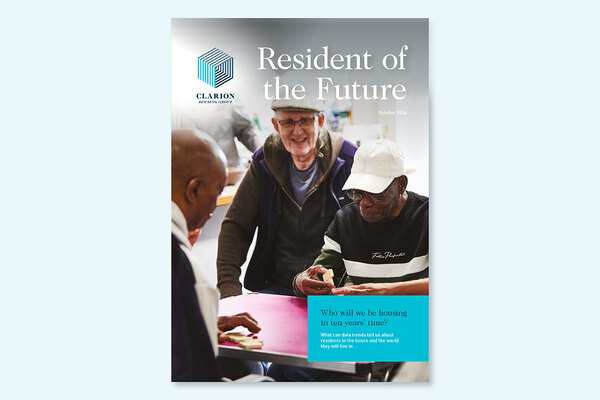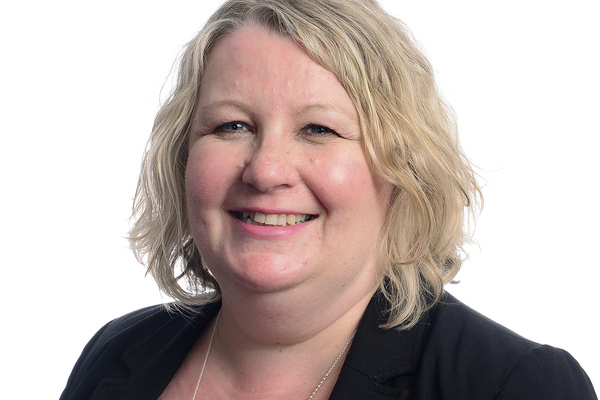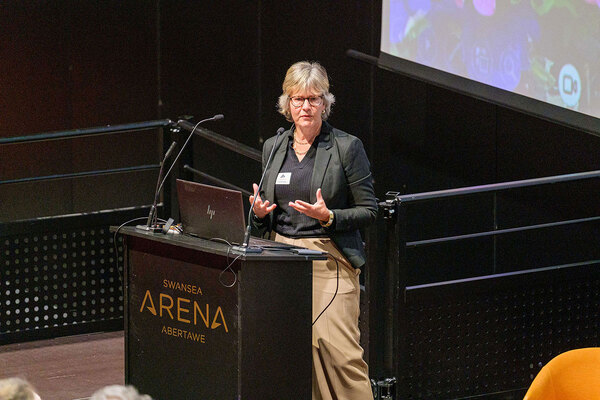You are viewing 1 of your 1 free articles
Greater focus on tenant issues in updated ESG standard for social housing
An environmental, social and governance (ESG) reporting standard for UK social housing has been updated with a greater focus on tenant issues.
Version 2.0 of the Sustainability Reporting Standard (SRS) contains specific questions aimed at improving transparency around how adopters are dealing with the issues of damp and mould.
It also includes questions around net zero targets and a greater focus on equality, diversity and inclusion.
The voluntary standard was launched in November 2020 by Sustainability for Housing (SfH) and has since been adopted by more than 100 housing providers across the UK.
It has also been adopted by 36 funders including Legal & General, M&G and Schroders, and banks such as Lloyds and NatWest.
SfH said the latest update helps to align the framework with international standards including the Task Force on Climate-Related Financial Disclosures, Sustainability Accounting Standards Board and Streamlined Energy and Carbon Reporting.
Adopters will now need to stick to a ‘comply or explain’ approach in their responses. Where they are unable to report against all criteria, adopters must outline the steps they are taking and the timeframe in which they expect to be in a position to provide the data.
Another addition is an expectation that housing providers report year-on-year results. Annual comparisons will allow residents to see how their landlord is performing, SfH said.
Imran Mubeen, director of treasury at Bromford, said: “The SRS has been a game-changer for the social housing sector. It enables housing associations to communicate their ESG story through a clear and comprehensive channel, and enables our performance to be to be evaluated against our peers by our customers, colleagues, funders and other stakeholders.
“The SRS continues to be a central feature on our investor roadshows and was instrumental in delivering £150m of new funding with investors this year. We continue to call for the promotion of golden metrics to accompany the broader disclosures, and welcome a future where our data is audited before it is published.”
The version 2.0 consultation process was managed by impact advisory firm The Good Economy. It included interviews with adopters of the standard along with a public consultation and guidance from technical experts.
The process addressed specific queries and concerns, such as consistency and methodology for calculating Scope 1, 2 and 3 emissions, whether to include ESG ‘golden metrics’ and questions around verification and assurance.
SfH has said it will now look to review the standard on an annual basis if required.
Brendan Sarsfield, chair of SfH, said: “The social housing sector has shown it is willing and able to push the envelope when it comes to ESG, and the SRS adopter community has grown from strength to strength.
“We have been engaging regularly with housing providers and funders to update the SRS and are grateful for their input which has helped strengthen the SRS.”
Sarah Smith, board member at SfH, said: “The standard will continue to be developed in a way that is useful for housing providers to develop their ESG strategies and report on their individual ESG performance in a consistent, comparable and transparent way.”
Sign up for our tenancy management newsletter
Already have an account? Click here to manage your newsletters












